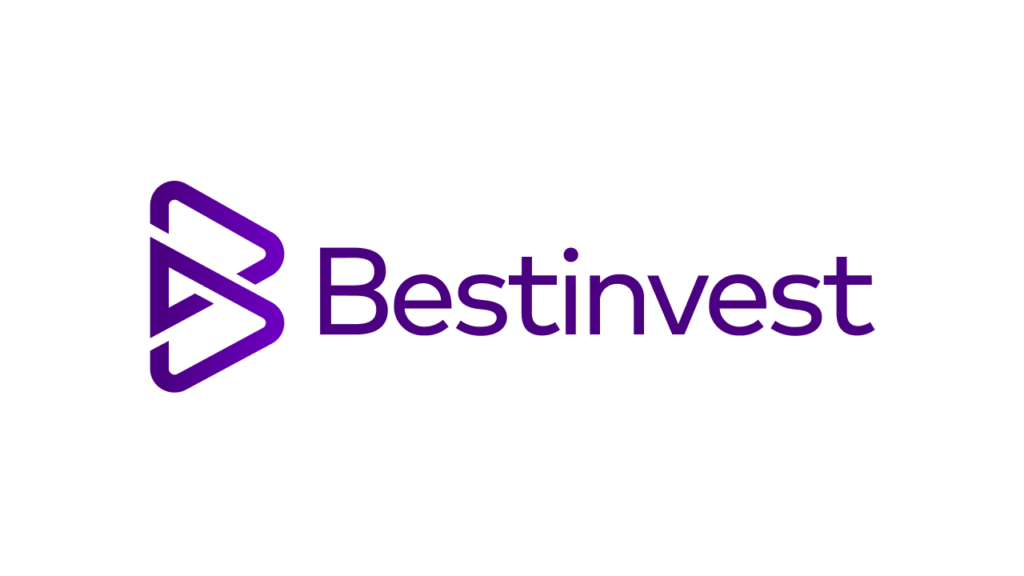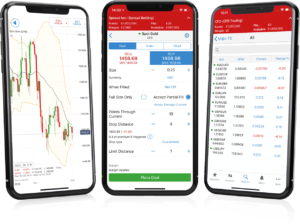Investing accounts compared & reviewed
We have ranked, compared and reviewed some of the best investing platforms in the UK that are regulated by the FCA.
Investment platforms differ significantly depending on what type of investments you are making an what for. Our guides can help you choose an investment account that offers the right way to invest for your future.

General Investing Accounts
General investment accounts let you buy and hold a range of assets such as shares, investment funds, exchange-traded funds (ETFs), and bonds. With a GIA, you can build an investment portfolio yourself through a DIY platform or with the help of experts through managed investment accounts. Compare general investment accountsInvesting Apps
Investing apps are the mobile version of an investment account’s platform which allows investors to buy and sell a range of investments (depending on provider) including, shares, bonds, ETFs, funds through a general investing account, stocks and shares ISA, SIPP or pension.
Compare investing appsStock Brokers
Stock brokers let you buy and sell company shares listed on stock exchanges. However, in some cases, stockbrokers go beyond the standard trade execution role and offer extra services. For example, some brokers provide advice on which stocks to buy and sell and how to build an investment portfolio. Compare stock brokersStocks & Share ISAs
Investing in stocks and shares through an investment ISA can earn you tax free returns on up to £20,000 each financial year. Compare stocks and shares ISAs to open an account or find out everything you need to know about investment ISAs.
Compare stocks and shares ISA accountsSIPPs
Self invested personal pensions (SIPPs) can save you money over managed pensions but require active management to succeed. Compare SIPP platforms to choose an account that offers you the best value for money, easiest management options or has the best historic performance. Here’s everything you need to know about investing in a SIPP.
Compare SIPP providers herePrivate Pensions
Private pensions are a tax-efficient way to invest and save for your retirement and can give you greater control over where your money is invested as you (or with the help of an adviser) decide what different asset classes to invest in from stocks, bonds ETFs, investment trusts and funds. Compare private pensionsLifetime ISAs
Lifetime ISA providers let UK residents between 18 and 40 invest or save a maximum of £4,000 per year of their ISA allowance to use as a deposit for a house or to use in retirement. LISAs give you a government bonus of 25% on top of your contributions, and you can also make money through interest payments and investment returns. Compare Lifetime ISAsRobo-Advisors
Robo advisors are digital investment platforms that help you build a long-term investment portfolio by matching your investment objectives with relevant premade ETF portfolios or funds and are cheaper than wealth managers as the process is automated. Compare robo-advisorsJunior ISAs
Junior Stocks and Shares ISAs offer better potential returns than cash ISAs as they are investment accounts rather than savings accounts. JISAs let you invest in a tax-efficient wrapper for your children which they can only access at 18.Compare Junior ISAsJunior SIPPs
Junior SIPPs are a self-invested personal pension product designed for those under the age of 18. This type of pension account offers a tax-efficient way of saving for your child’s retirement as when your child reaches 18 it turns into a regular SIPP. Compare junior SIPPsFund Platforms
Fund platforms enable clients to buy and sell investment funds such as ETFs, open-ended funds, investment trusts, and index funds. Compare fund platformsWealth Managers
Wealth managers can help manage your investment portfolio so it earns greater returns. Offset this with the tax efficiencies they can unlock and you could increase your net worth.
Compare wealth managers



















